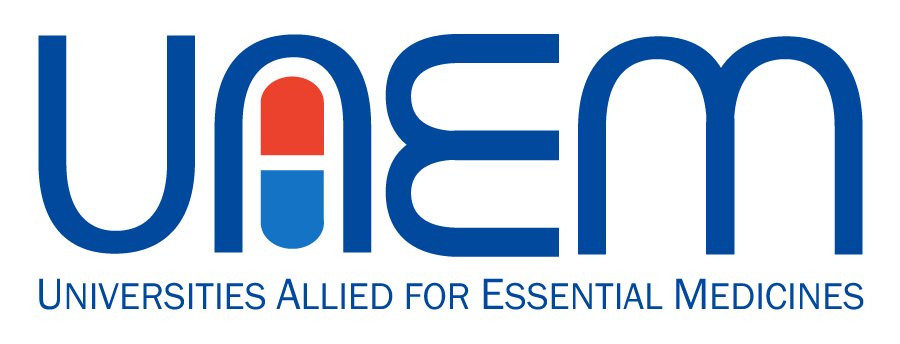Decolonizing Indigenous health starts at universities. What needs to change at the U15?
A new report suggests that Canadian universities are falling short on advancing Indigenous health research and promoting drug accessibility for Indigenous communities.
By Max Crosby and Celine Huang
Indigenous health is a Canadian public health crisis. Universities hold a pivotal position in advancing Indigenous health, but do they make the most of it? Our newly released report at Universities Allied for Essential Medicines (UAEM), the 2023 Canadian Global Health Grades, suggests that the U15 are falling short.
Issues in Indigenous health are multifactorial. The legacy of colonialism, as well as weak government policy, stand as the normative culprits. These problems start with the Canadian government. The Canadian parliament has never developed a law around improving Indigenous health. The closest they came was with the 2004 10 Year-Plan—a framework centered around prioritizing Indigenous health in policy—which categorically failed to improve health for Indigenous communities in Canada.
